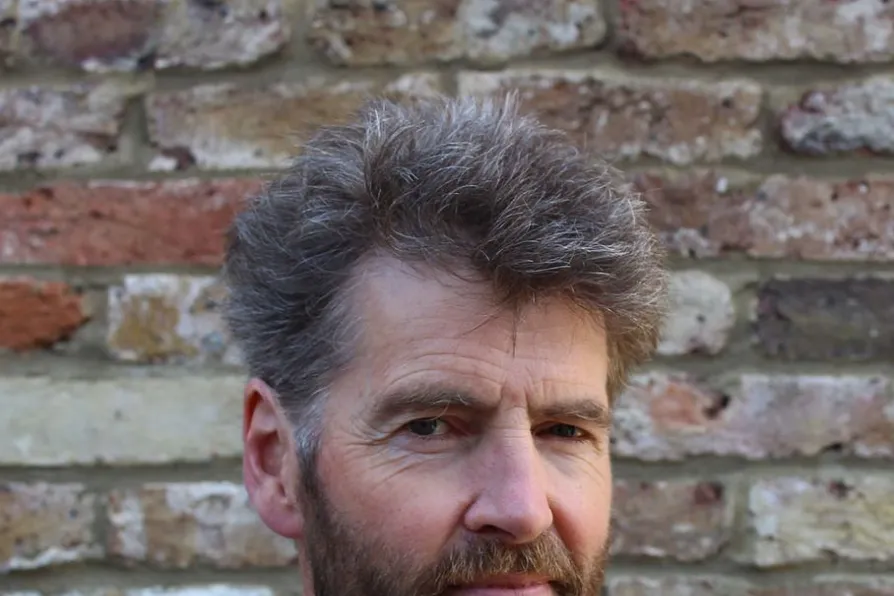New releases from Van Morrison, Tyler Ballgame, and Dry Cleaning

 Authoritative: Neil Faulkner
Authoritative: Neil Faulkner
NEIL FAULKNER’S A Radical History of the World (Pluto Press) is as exhaustive and authoritative as any attempt to record human history could be and it also reads with the ease of a novel.
Most impressive of all, however, is the author’s holistic approach. He recognises that every major turning point or revolution in humanity's journey has depended upon the natural, social, technological and geopolitical conditions of the time.
As Marx stated, people make their own history but they do not make it as they please and, if the final chapters paint the potential of a disastrous future, Faulkner spells out the lessons from the past and what must be done to avoid the end of history.

Looking for moral co-ordinates after a tough year for rational political thinking and shared human morality

GORDON PARSONS is enthralled by an erudite and entertaining account of where the language we speak came from












